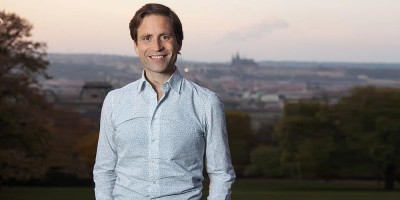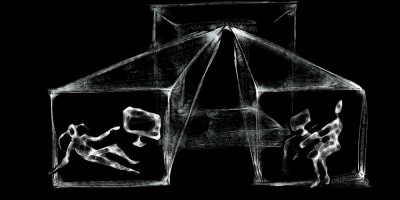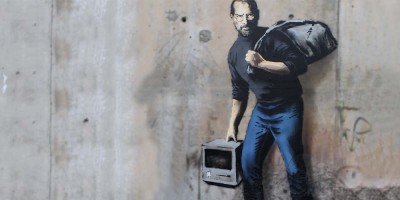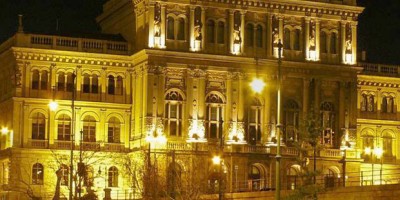
Islam
,
Migration
,
Data and society
radicalism out of love for one's country
portrait of the mind of a popular Czech historian who smuggled radical imaginations from disinformation websites into the mainstream
Sep 10th 2019
David Ruzicka

editor's picks

Articles by Datalyrics were published in



